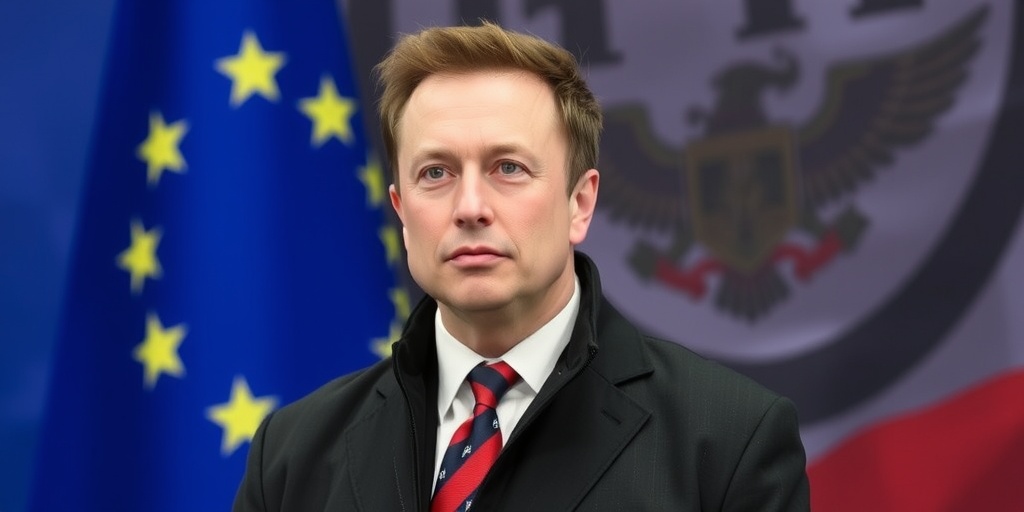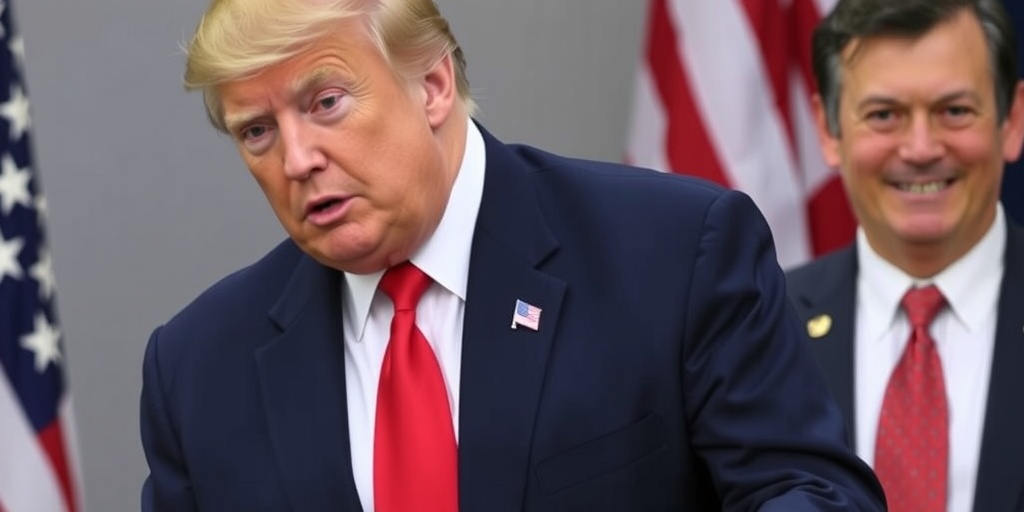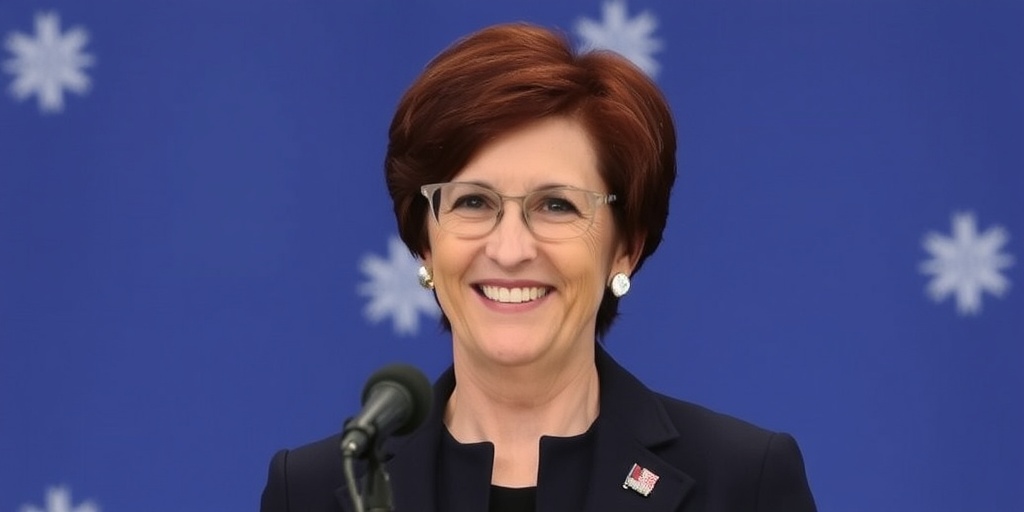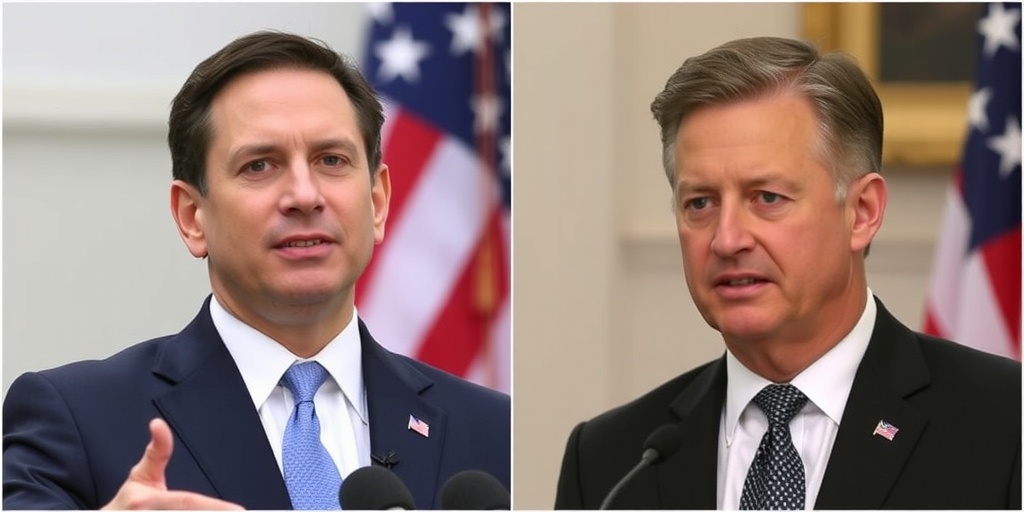Now Reading: Hegseth Calls for Halt to Pentagon’s Offensive Cyber Operations Against Russia
-
01
Hegseth Calls for Halt to Pentagon’s Offensive Cyber Operations Against Russia
Hegseth Calls for Halt to Pentagon’s Offensive Cyber Operations Against Russia
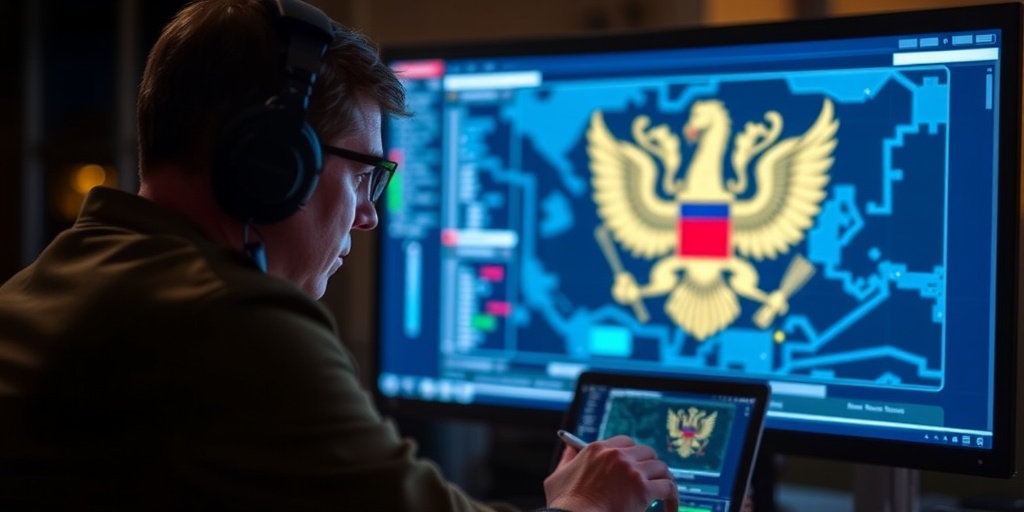
U.S. Cyber Command Halts Offensive Operations Against Russia Amid Diplomatic Efforts
In a significant shift in military strategy, U.S. Defense Secretary Pete Hegseth has ordered U.S. Cyber Command to discontinue offensive cyber operations against Russia. This directive, according to current and former officials familiar with the situation, has been implemented as part of a broader attempt to engage President Vladimir V. Putin of Russia in negotiations regarding Ukraine and to redefine the relationship between the United States and Russia.
Details surrounding Mr. Hegseth’s directive remain sparse, as the Pentagon has not publicly elaborated on the reasoning behind this pause in military operations. However, the order was given prior to a highly publicized confrontation between President Trump and Ukrainian President Volodymyr Zelensky in the Oval Office. This timing suggests that the decision may be directly linked to the desire for a more diplomatic approach in addressing the ongoing conflict in Ukraine.
While the specific boundaries and duration of the halt in offensive cyber operations are unclear, the fine line between offensive and defensive cyber actions complicates the understanding of this pause. It is vital for U.S. intelligence to maintain access to major Russian networks, which is critical for gathering insights into Putin’s strategic intentions as diplomatic negotiations unfold. Tracking Russia’s internal discussions regarding potential conditions for peace will be crucial for the U.S. as it approaches these negotiations.
Former officials have noted that it is not uncommon for civilian leaders to call for a pause in military operations during sensitive diplomatic discussions. However, the decision to retreat from offensive cyber operations against Russian targets represents a considerable risk for both President Trump and Secretary Hegseth. This strategy hinges on the hope that Putin will respond by easing ongoing cyber hostilities against the U.S. and its allies in Europe.
Despite U.S. officials asserting that Russia has continued attempts to infiltrate U.S. networks—even during the nascent stages of the Trump administration—this concern is only one aspect of a larger pattern of Russian aggression. Over the last year, ransomware attacks targeting American healthcare facilities, infrastructure, and urban centers have surged, with many of these attacks being traced back to Russia. Intelligence agencies have characterized these incidents as predominantly criminal activities that have either received tacit approval from or been overlooked by Russian intelligence.
Moreover, various sabotage attempts regarded as orchestrated by Russian operatives—including suspected efforts to sever undersea communication cables, unexplained explosions, and plots linked to Russian-directed assassinations—have notably escalated. Traditionally, the United States has played a central role in countering such threats in Europe through covert cyber operations. However, this newly implemented directive could jeopardize these collaborative defense efforts.
The majority of U.S. cyber operations targeting Russia have historically been coordinated out of the United Kingdom’s Government Communications Headquarters, an agency renowned for its historical success in intelligence—most notably in breaking the Enigma codes during World War II. As the U.S. deliberates on maintaining its focus on China, perceived as its most formidable cyber adversary, it is possible that British and Canadian intelligence efforts will continue without U.S. support.
In addition to direct cyber operations, the U.S. Cyber Command has previously conducted secret operations aimed at mitigating Russian influence campaigns in response to aggressive Russian actions during the previous presidential campaigns, as reported by U.S. intelligence during the Biden administration. The directive to pause offensive actions from the Pentagon will temporarily halt efforts to counteract future Russian influence strategies.
Secretary of State Marco Rubio expressed the importance of urging Russia towards negotiation while simultaneously acknowledging uncertainty regarding Putin’s willingness to reach an agreement. Highlighting the approach of reducing antagonistic language in diplomacy, Rubio suggested that successful negotiation would hinge on the ability to foster a constructive dialogue with Russia rather than fueling tensions.
Rubio, while not directly addressing the halt to offensive cyber operations, appeared defensive when confronted about the United States’ diminished pressure on Moscow. Critically, he pointed out the stark divergence in geopolitical actions compared to how the media would have reacted had a Democrat been in power.
The order from Hegseth, first revealed by The Record—an outlet focusing on cybersecurity—has not been publicly acknowledged by either the Pentagon or U.S. Cyber Command. However, a senior defense official has reiterated that the safety of military personnel remains a paramount concern for Hegseth.
As the Trump administration transitions into its term, it faces the challenge of balancing military strategy with diplomatic efforts, especially in light of previous recommendations from Biden administration officials to sustain pressure on Russia, including continued support for Ukraine and pushing back against Russian intelligence services thought to be behind numerous cyber operations.
In light of these developments, the ongoing dialogue regarding U.S.-Russian relations will undoubtedly shape the future of cyber defense strategy and geopolitical stability as both nations navigate these complex waters.
Stay Informed With the Latest & Most Important News
Previous Post
Next Post
-
 01New technology breakthrough has everyone talking right now
01New technology breakthrough has everyone talking right now -
 02Unbelievable life hack everyone needs to try today
02Unbelievable life hack everyone needs to try today -
 03Fascinating discovery found buried deep beneath the ocean
03Fascinating discovery found buried deep beneath the ocean -
 04Man invents genius device that solves everyday problems
04Man invents genius device that solves everyday problems -
 05Shocking discovery that changes what we know forever
05Shocking discovery that changes what we know forever -
 06Internet goes wild over celebrity’s unexpected fashion choice
06Internet goes wild over celebrity’s unexpected fashion choice -
 07Rare animal sighting stuns scientists and wildlife lovers
07Rare animal sighting stuns scientists and wildlife lovers













